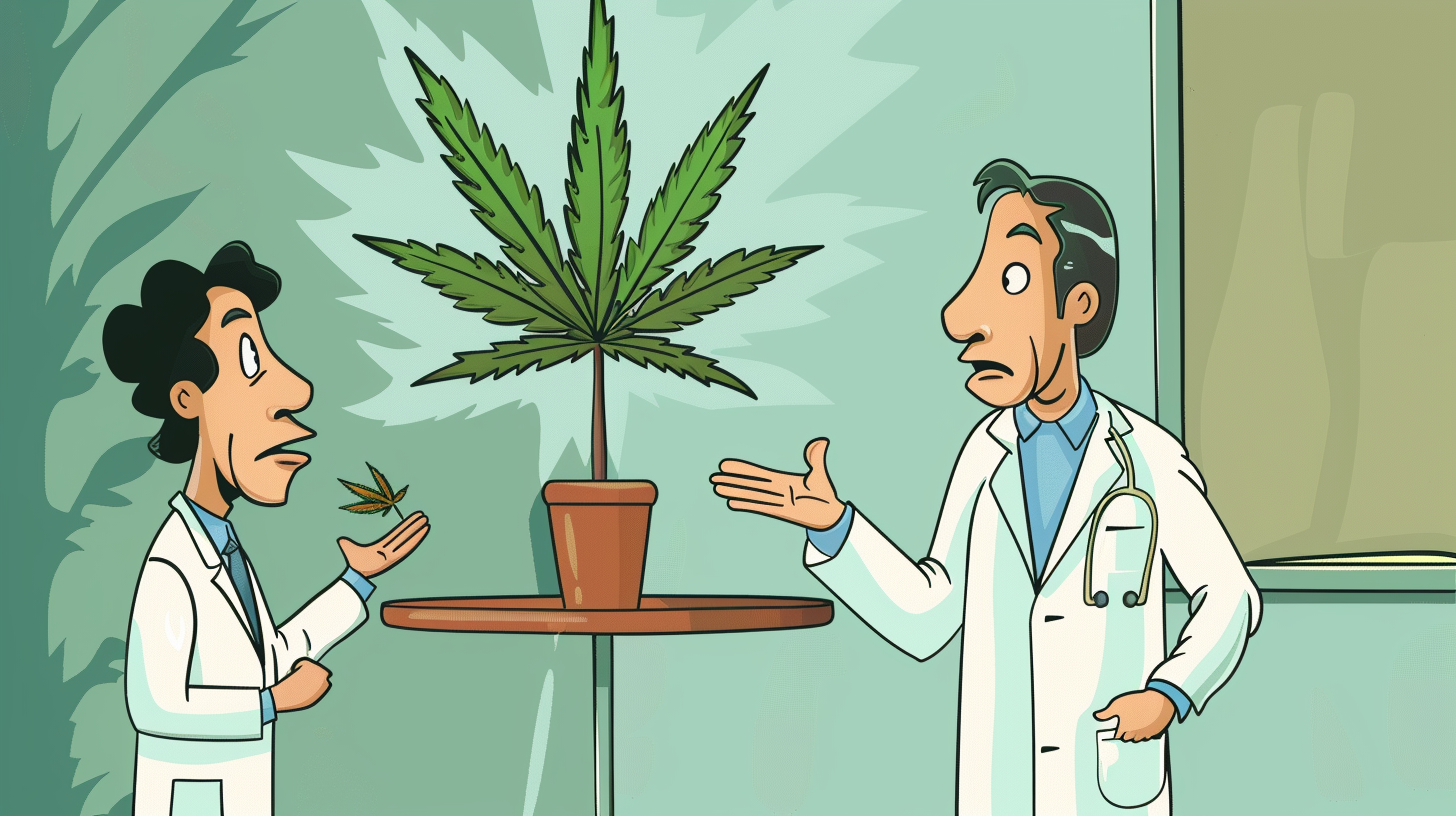Last updated on June 25th, 2024 at 09:51 am
- Driving The News: Dr. Panthep Puapongphan from Rangsit University questions the need to reclassify cannabis as a narcotic, citing patient success stories and the current reliance on underground cannabis.
- Why It Matters: Reclassifying cannabis could criminalize patients who rely on it for treatment, increasing legal risks and limiting access to effective therapies.
- The Big Picture: The debate emphasizes the need for comprehensive cannabis legislation that ensures safe access for medical purposes while preventing misuse.
BANGKOK, THAILAND – Dr. PANTHEP PUAPONGPHAN, Dean of the College of Oriental Medicine at Rangsit University, has raised significant concerns over the government’s proposal to reclassify cannabis as a narcotic. Speaking on June 21, he highlighted the adverse impact this move could have on patients who rely on cannabis for medical treatments, many of whom are currently forced to use underground sources.
Dr. Panthep pointed out that despite the legalization of cannabis for medical use, a large proportion of patients still face barriers in accessing it legally. A study led by Professor Dr. Sawitri Atsanangkornchai revealed that during the period when cannabis was legal for medical use but classified as a narcotic, 84% of patients had to resort to underground sources. These patients reported significant improvements in their conditions, with 93% noting better or much better outcomes.
He explained that cannabis has been used effectively to treat a variety of conditions, including diabetes, shingles, AIDS, psoriasis, allergies, and various cancers. However, due to the complex legal landscape and stigma, many medical professionals are reluctant to prescribe it, forcing patients to seek illegal alternatives.
The study further revealed that 54.8% of patients experienced improvements, 38.6% saw significant improvements, and only 6.7% saw no change. Moreover, 31.7% of patients were able to stop using conventional medicines, and 26.3% reduced their usage, underscoring the potential of cannabis as a complementary treatment.
Dr. Panthep stressed that reclassifying cannabis as a narcotic would criminalize patients and caregivers, undermining public health benefits. He argued for the development of comprehensive cannabis legislation that balances medical access with regulation to prevent misuse.
He concluded by urging policymakers to consider the broader implications of reclassification and to engage in evidence-based discussions. “We must look at the facts and ensure that our policies protect patients and support medical progress,” he said.
Contributing Sources: Manager Online
